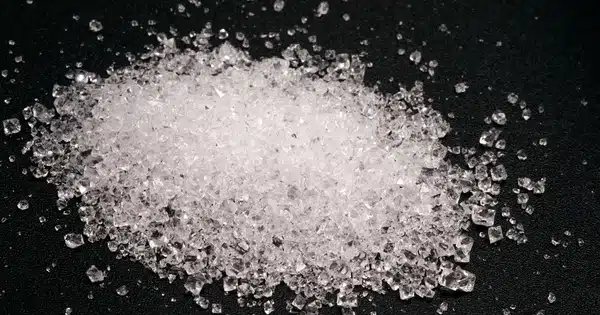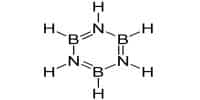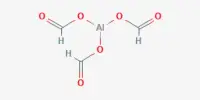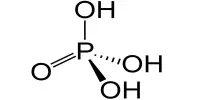Potassium alum is a type of naturally occurring mineral salt that has been used for various purposes throughout history, including as a food preservative, astringent, and antiseptic. It is also commonly used in the cosmetic industry for its skin-tightening and toning properties.
Potassium alum is a colorless, odorless, and water-soluble salt that has a molecular formula of KAl(SO4)2·12H2O. It is a double salt, meaning that it consists of two different salts that are chemically combined. The two salts that make up potassium alum are potassium sulfate and aluminum sulfate.
It crystallizes in neutral solution as an octahedral structure and as a cubic structure in alkali solution, with a space group of P a -3 and a lattice parameter of 12.18Å. The compound is the most important member of the generic class of compounds known as alums, and it is commonly referred to as simply alum.
Potassium alum has various uses, such as a deodorant, astringent, and antiseptic in personal care products, a mordant in dyeing and printing textiles, a coagulant in water treatment, and as a food additive. It is generally considered safe for use in these applications.
Properties
- Molecular weight: 474.39 g/mol
- Appearance: Colorless, odorless, transparent, crystalline solid
- Solubility: Soluble in water, insoluble in ethanol and ether
- pH: Acidic (pH around 3)
- Melting point: 92.5 °C (198.5 °F)
- Boiling point: Decomposes before boiling
- Density: 1.725 g/cm3
- Hardness: 2.5 – 3 on the Mohs scale
- Crystal system: Trigonal
Application
Potassium alum is often used in the production of various types of deodorants and antiperspirants because of its ability to reduce sweating and kill odor-causing bacteria. It is also commonly used in the production of pickles and other preserved foods, as it helps to prevent spoilage.
As E522, potassium alum is widely used in water purification, leather tanning, dyeing, fireproof textiles, and baking powder. It can also be used as a deodorant, an aftershave treatment, and a styptic for minor shaving bleeding.
Safety
While potassium alum is generally considered safe for use in small quantities, some studies have suggested that it may be harmful if ingested in large amounts. As with any chemical substance, it is important to follow safety guidelines and use potassium alum only as directed.
















